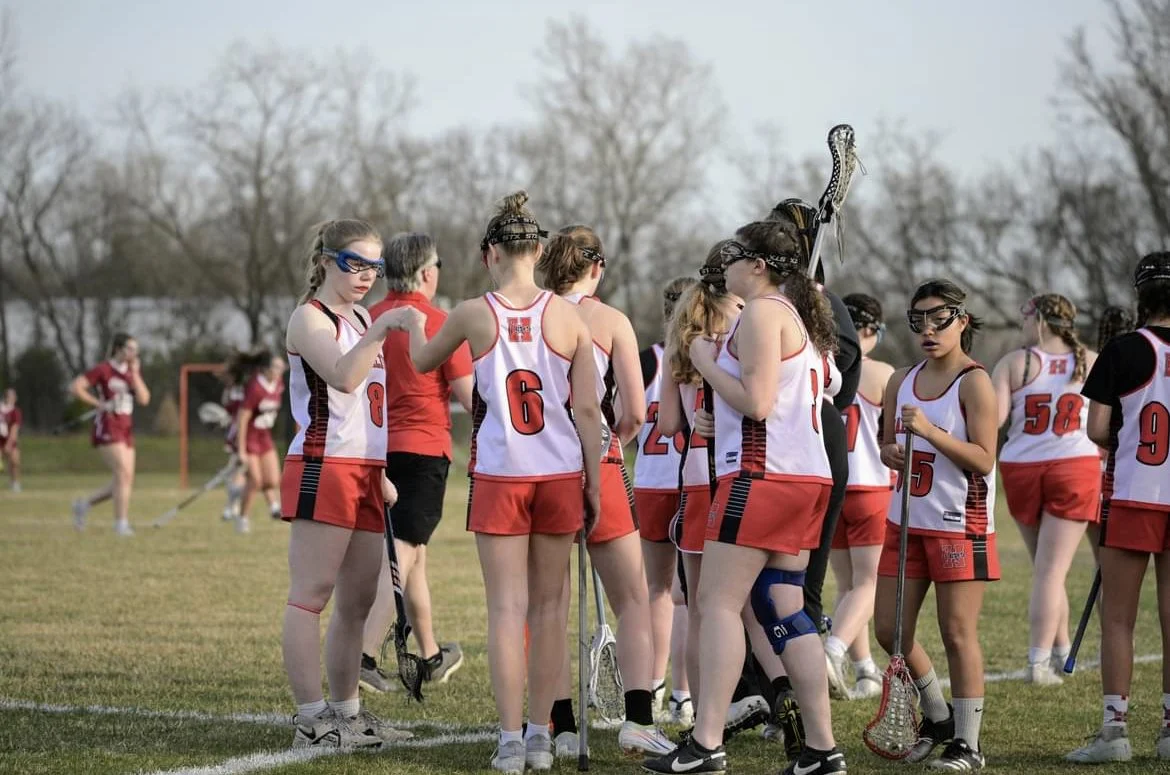Don’t Say Gay
Photo by Alexander Grey from Pexels.
Carly Ungerer
Although society has trended towards tolerance over the span of decades, equality in education has stalled and in recent years and policies have even taken steps back. In Florida, the 2021 “Don’t Say Gay” Bill was passed, which banned the referencing of queer identities from grades K-3. The bill was expanded this past April, amplifying its reach in grades 4-12, taking effect this month.
The bill has been divisive in nature since it was rolled out, the vague language pushing administrators to warn teachers to remove rainbow signage and even photos of same sex spouses, while supporters argue the bill protects “parental rights.” This May, Jenna Barbee, a Florida 5th grade teacher, is being investigated by Florida’s Department of Education for playing Strange World, a new Disney movie featuring a gay main character.
Barbee, who is being investigated for “indoctrination,” received signed parental permission slips to show the movie to her class, which are above the ages covered through the 2021 bill. She defended her decision saying, “Our students had standardized testing all morning. I thought it would be a great time to give them a brain break by showing a movie that related to what we were learning about in school…I chose this movie because it relates to our curriculum.”
Although Wisconsin does not have the same damaging legislation as Florida, Hamilton faces its own issues in fair education. In most social studies at Hamilton, queer history is only covered briefly, if at all. In fact, 72% of Hamilton students said the subject was not covered at all, with the majority of other students saying it was only covered briefly. Beyond just Hamilton, other school districts in Wisconsin have made moves against queer students. Waukesha School District notably banned rainbow flags, an issue covered in the article “Parents and Students Protest LGBTQ+ Signage Ban.” Arrowhead and Kettle Moraine (KMSD) school districts are now requiring parental consent for the use of preferred pronouns and names, an issue previously brought up in the article “All Prejudice, No Pride.” In response to KMSD’s policy change, the Trevor Project, a crisis and suicide provention foundation for queer youths, sent a letter, notably saying that nearly half of queer youth consider suicide, but in affirming schools the suicide attempt numbers are lower.
Creating an inclusive environment is essential when queer youths have a disproportionally high suicide rate, which is why bills like “Don’t Say Gay” and the general lack of inclusive education is such a concern. The solution to the queer mental health epidemic is not “character building” activities that no one pays attention to once a week. Hamilton needs to create a shift in its culture, including a more inclusive curriculum in all classes, better management of harassment, and improved procedures for genderqueer students. Evan Rosenau’s recent article “Homophobia at Hamilton” covers the issues at Hamilton, including the fact that if a student prefers to be called a different name, teachers are told to use their legal name until they speak to their counselors. For a school supposedly interested in creating an inclusive atmosphere for all students, Hamilton High School is ineffective in creating a safe space for all. Hamilton needs to change its approach to inclusion. Prejudice cannot be solved with Character Strong, which reads more as an attempt to check the “mental health awareness box” than a real attempt to solve issues, and Hamilton needs to take action if they truly support all of their students.






